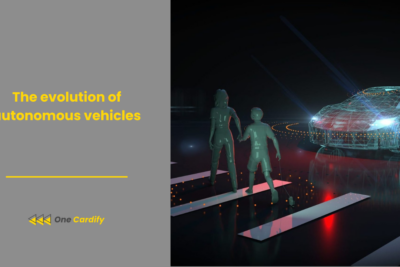
Data analytics in urban planning and management
The incorporation of analytics in the urban design and management represents a turning point to smart, sustainable, and liveable cities. Using data-based decision-making perspectives, cities can change in ways that were before unimaginable. This novel methodology enables detailed analysis of large sets of data, which leads to the detection of patterns, trends, and anomalies. Thus, it opens the door to more intelligent approaches to urban development, which bring the life quality of the people to a completely new level.In the next section, we examine numerous ways analytics is changing the dynamics of urban planning and management, emphasizing its significance and possibilities it opens up for cities all over the world.
The Imperative of Integrative Analytics in Urban Development
In the context of urban planning, the adoption of integrative analytics becomes not an option but a need. Using big data urban planners will be able to base their decisions on information that meets the long term goals of the development of a city.Analytics plays a key role in improving the efficiency of city spaces through traffic management optimization, public safety improvement and environmental sustainability.For example, spatial analytics can determine localities most deprived of green areas, while predictive analytics may foresee the development to come, thereby allowing infrastructure projects to be targeted to sustainably satisfy the demand.Additionally, the opportunities provided to work with real time data allow for instant solutions to urban problems and demonstrate the dynamic features of analytics in modern city governance.
Related content
Related content
Enhancing Public Services through Data
Analytics is an important component of the transformation of public services that make them more accessible, effective and customer-driven. Analysis of data will help urban authorities to enhance transport systems, health, education, and utility services, and this will bring an impact on the quality of life of residences.For instance, monitoring patterns in the use of public transport can be used to optimize the bus routes and the schedules, hence, minimizing idle times and the congestion. By the same token, information about energy consumption can support the development of more effective utility management measures.Furthermore, public health analytics in medicine can result in personalized healthcare services, whereas educational analytics can customize learning experiences to suit the individual needs of students.The main idea is to develop a more adaptive, effective, and equitable urban system which meets the requirements of different population groups.
Overcoming Challenges with Innovative Solutions
Although this part of planning process has great value, there are also a lot of challenges including the issues of data privacy, security and digital divide.Operations of such concerns need strong data governance frameworks and policies that protect individuals’ privacy giving a fair distribution of technology positives.Furthermore, digital literacy and infrastructure investment is important in addressing the digital divide, thereby making many to enjoy the benefits of urban analytics.However, with a combined force from government bodies, private sector, and civil society, the challenges can be solved giving rise to more inclusive and data-driven urban futures.
Case Studies: Analytics in Action
Some of the cities in the world are leading cases of how analytics would be successfully used in the urban management. With Singapore’s smart nation initiative and New York City’s analytics approach in optimizing its public services, these case studies present useful examples of the applications and gains from urban analytics.Most of these practical examples highlight how data can be used to resolve urban problems, demonstrating the increased levels of efficiency, sustainability, and quality of life that can be brought about by data analytics-driven strategies.
Frequently Asked Questions
Urban analytics involves the collection, analysis, and visualization of data to inform and optimize urban planning and management decisions.
By analyzing usage patterns and operational data, analytics can optimize routes, reduce wait times, and improve overall service efficiency and accessibility.
Yes, analytics can forecast growth and help in planning infrastructure and services that are both adequate and sustainable, thus supporting green urban development initiatives.
Challenges include data privacy concerns, the digital divide, and the need for digital literacy and robust data governance frameworks.
Smart cities employ analytics to optimize city operations, improve public services, enhance resident quality of life, and solve urban challenges in real-time.
Yes, analyzing large datasets can raise privacy concerns. Addressing these requires strict data governance and privacy protection measures.
Analytics can enhance emergency response by predicting potential incidents, optimizing resource allocation, and facilitating real-time decision-making during crises.
Conclusion
The embedding of analytics in urban planning and management promotes a transition towards dynamic, more productive, and sustainable cities. Using data, urban areas can transform into livable, flexible and inclusive environments that keep up with the dynamic needs of their various populations.Although some challenges are present, the promise of analytics in conversion for urban environments is quite clear. With relentless innovation, cooperation, and dedication to justice and privacy, urban living should not only get smarter but brighter, too.Moving onwards, an importance of analytics in the development of the cities of tomorrow will only increase, hence becoming an inseparable element in the pursuit of better urban futures. The discussion on analytics in urban development is not over at all, and we are just beginning to open the door of what can be done. Let us create together the future of our cities.

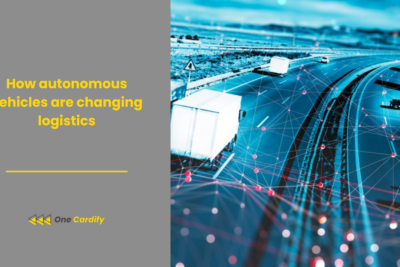
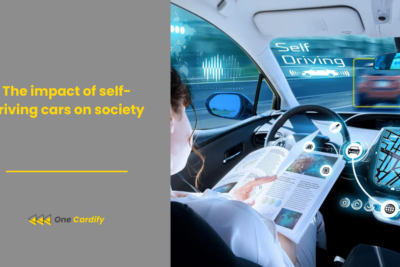
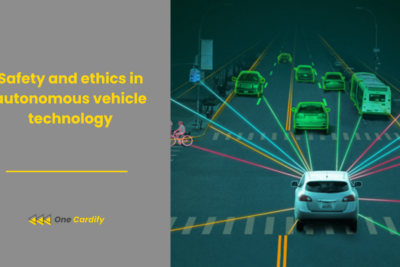

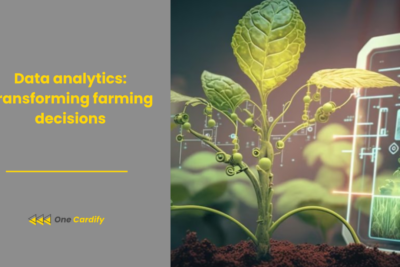
Related Posts